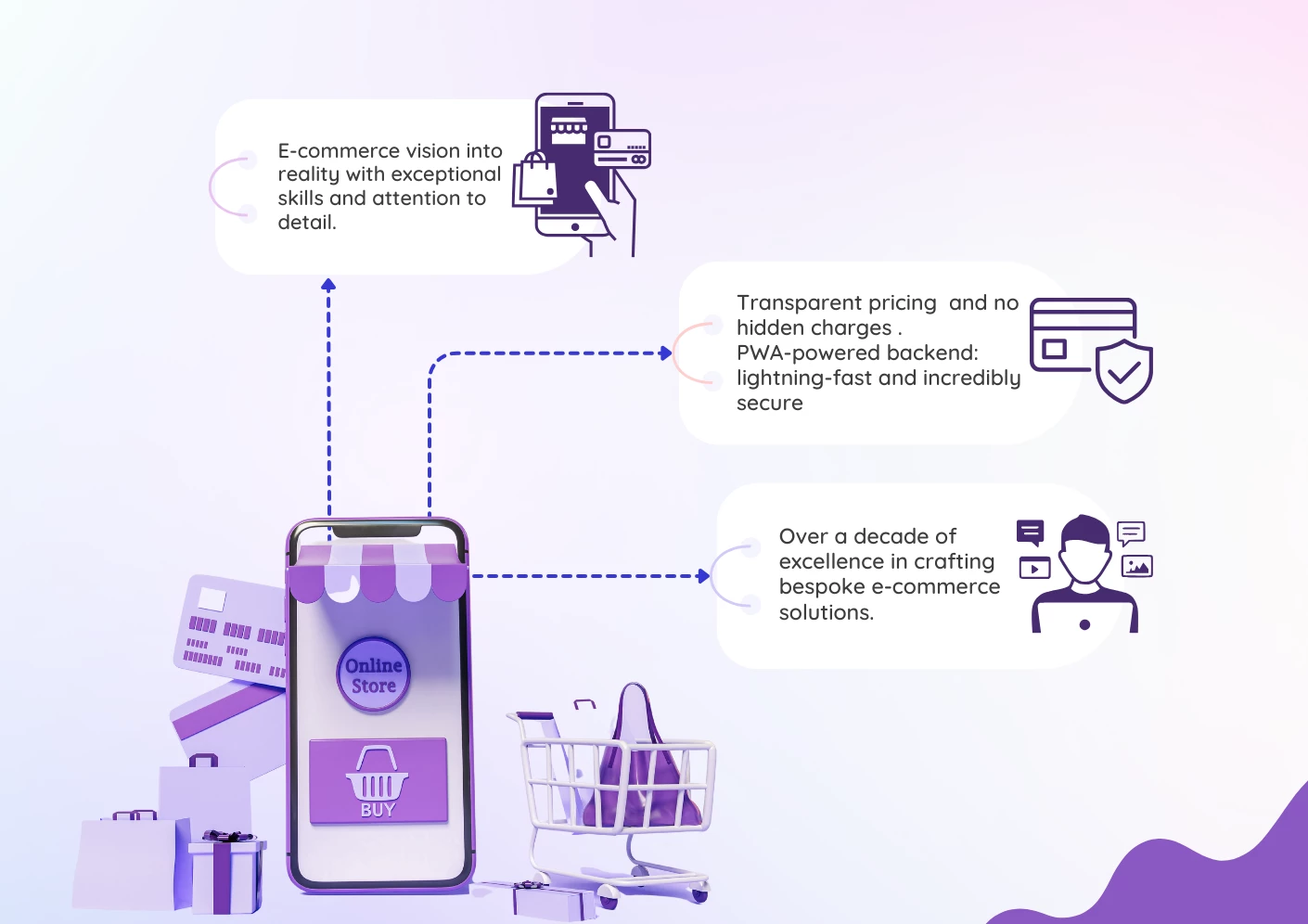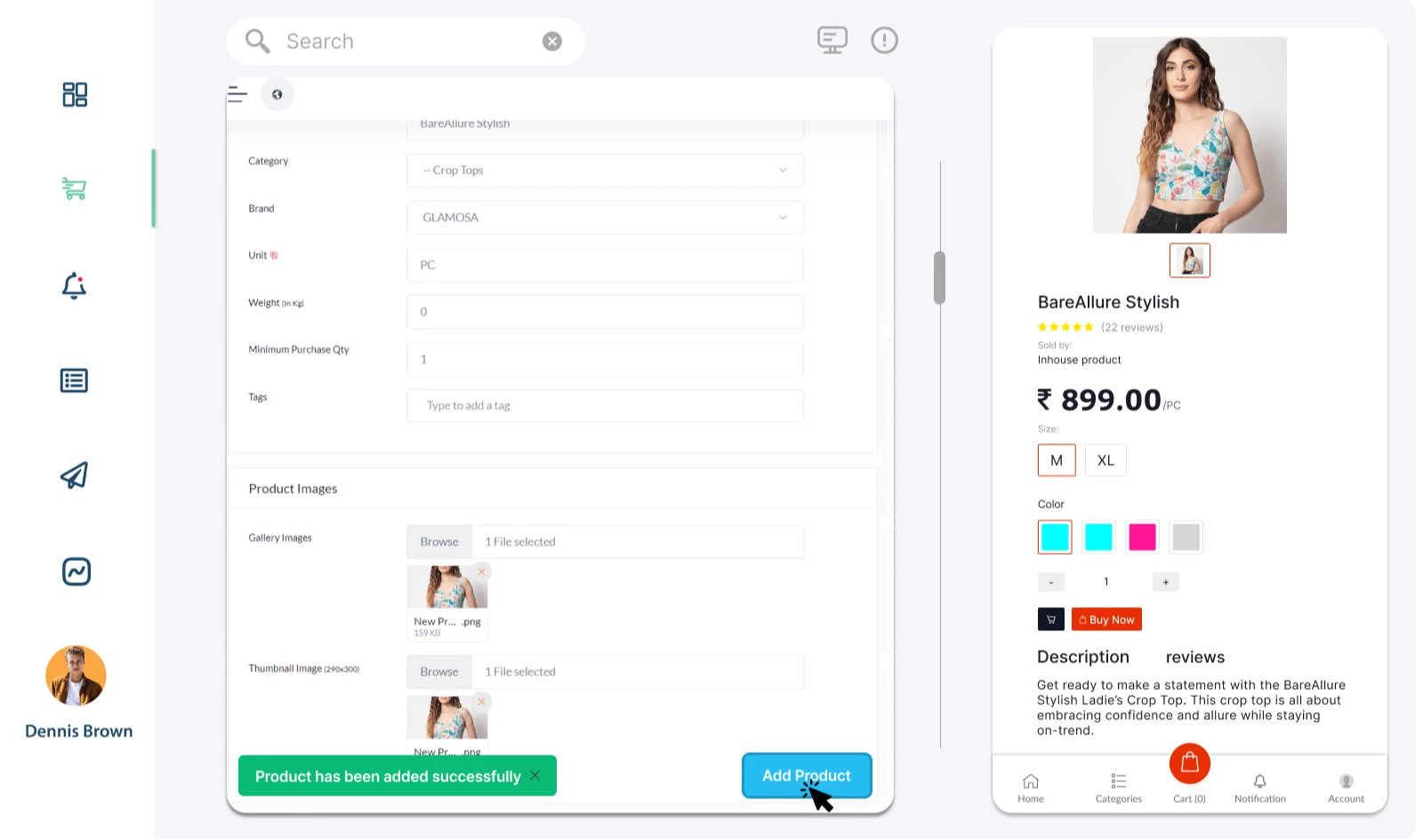Why Choose a Custom E-Commerce Website?
Unique Branding: With a store website on ecommerce, you can achieve your desired design, which may be the best to use for your brand's identity. While a regular solution, a custom website will actually put your colors, your logo, and a sense of your brand's aesthetics into it, so you stand out in what is already a rife marketplace.
Tailored Functionality: With customized solutions, you can implement specific functionality that suits your business needs. Whether it’s integrated product management, personalized customer experience, or a unique payment gateway, a custom website ensures that everything fits your purpose.
Enhanced User Experience: User experience is important in ecommerce. A custom website provides intuitive navigation, fast loading times, and mobile responsiveness-all positive factors that keep customers happy. Focusing on usability can lower bounce rates and boost conversions.
Scalability: As your business grows, your ecommerce should grow with it. A custom website gives you the flexibility to add new features, expand your product, and even integrate with other systems as needed, ensuring you’re always ready to grow.
SEO Optimization: A custom e-commerce website lets you use SEO practices like clear URLs, faster site speed, and structured data. These steps help your site rank higher in search engines and attract more organic traffic.
Steps to create an e-commerce site
Define Your Goals
Before diving into development, clearly outline your objectives. What products or services will you offer? Who is your target audience? Understanding your goals will guide the design and functionality of your site.
Choose the Right Technology
Select a technology stack that suits your needs. Popular options include platforms like Shopify for ease of use or WooCommerce for WordPress-based sites. For complete customization, consider frameworks like React or Angular.
Easy-to-use design
Invest in design services to create a clear, attractive, and easy-to-use interface. Ensure the product is easy to understand and the checkout process is simple.
Implement Security Measures
Security is important for eCommerce sites. Your custom website should have an SSL certificate, a secure payment gateway, and strong data protection to build trust with customers.
Test and Launch
Before going live, conduct thorough testing to identify any issues. Check for functionality across different devices and browsers. Once satisfied, launch your website and start promoting it through various channels.
Track and Improve Performance
After launching, monitor site performance, gather user feedback, and plan improvements to enhance the user experience.
Investing in an eCommerce website can help your business beat competitors. A custom website with unique products, personalized features, and a great user experience can increase sales and build customer loyalty. By setting clear goals, choosing the right technology, and focusing on design, you can create the platform that works well for both your business and customers. As your business grows, an eCommerce website can create new opportunities.





